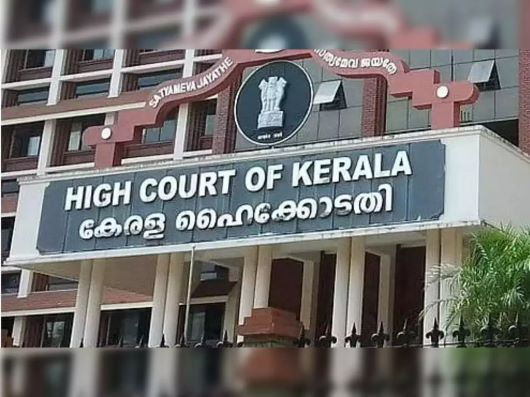
In a significant ruling, the Kerala High Court has determined that rubber trees do not fall under the category of 'standing timber' as per Section 3 of the Transfer of Property Act, 1882, and are thus classified as 'immovable property'. This decision mandates that any agreement for tapping rubber trees must be registered.
The Bench, led by Justice Kauser Edappagath, clarified the nature of rubber trees, stating, "They are growing trees. Income is generated from the yield. The trees do not perish after taking the yield once. There is no doubt that they would not fall under 'standing timber' under Section 3 of the Transfer of Property Act. The rubber trees in the plaint schedule property indeed are trees and thus immovable property. Thus, the transaction evidenced by the agreement is one which requires registration under Section 17 of the Registration Act as it amounts to the creation of right or interest in respect of immovable property for consideration".
Advocate Rajeev V Kurup represented the Petitioner, while Advocate Liji J. Vadakedom appeared for the Respondent. The case stemmed from an original petition filed by the Petitioner/Defendant challenging the dismissal of an application under Order XIII Rule 3 of the Code of Civil Procedure.
The lawsuit sought a permanent prohibitory injunction to prevent the Defendant from interfering with the tapping of rubber trees on the plaint schedule property. The Respondents/Plaintiffs claimed that an agreement had been executed allowing them to tap the rubber trees on the property owned by the first defendant and his wife.
The primary issue was whether the rubber trees, over which rights or interest were created, were considered 'immovable property'. The Court examined definitions from the Transfer of Property Act, the Registration Act, and the General Clauses Act, and relied on several precedents, including Shantabai v. State of Bombay (1958 SC), Joseph v. Joseph Annamma (1979 Kerala), Velayudhan Padmanabhan v. Thyagarajan (2011 Kerala), and Pathumuthumma v. KhajaMoideen (2019 Kerala).
The Court concluded that growing and yielding rubber trees, which continue to draw sustenance from the soil, cannot be regarded as standing timber but must be seen as trees. Justice Edappagath remarked, "For the simple reason that what is extracted from the yielding rubber trees is in the form of juice, it cannot be said that the interest is created with respect to the movable property. Since the agreement is a compulsorily registrable document, it cannot be received as evidence of any transaction affecting the immovable property comprised therein (Section 49 of the Registration Act)".
In light of these findings, the Court dismissed the Petition, emphasizing the necessity for proper registration of agreements concerning the tapping of rubber trees. This ruling is expected to have far-reaching implications for the rubber industry in Kerala, ensuring that all agreements related to the tapping of rubber trees are duly registered and legally binding.